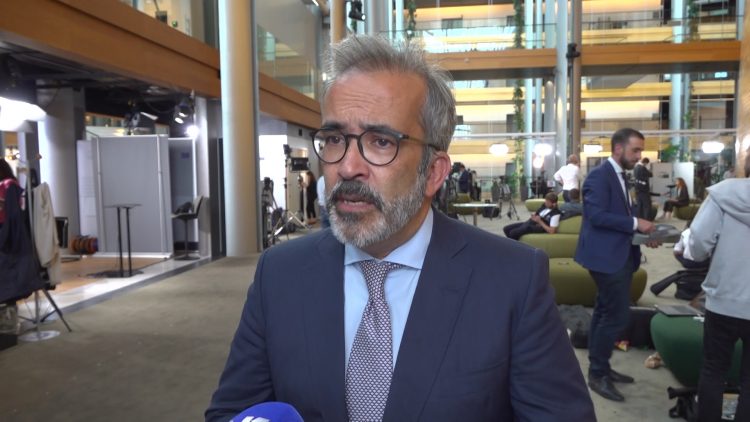
The European Parliament’s Special Rapporteur for Bosnia and Herzegovina, Paulo Rangel, told N1 that, although he believes that there is a risk that the idea of establishing a European Political Community could "freeze efforts" in the process of joining the European Union, it is very important for BiH to be able to participate in a "direct forum" which provides a platform for non-EU countries to negotiate policies and develop ties with the EU.
Asked to comment on statements by BiH Presidency member Milorad Dodik, who said he considers the EU a failed project, Rangel pointed out that he normally refrains from commenting on such statements.
“If we speak about positions and decisions, then sometimes it's necessary and even convenient to comment and to make some remarks. In this case, I’d say this is only rhetoric and, naturally, what I say is that the EU is a very important friend of Bosnia and Herzegovina, and I believe that we have a role to play,” Rangel said.
“Of course, we can not replace in any case the will of the Bosnian people, but we can help to try to, I'd say, make progress in the different chapters that are decisive in order to grant the candidate status to Bosnia. That is our first goal in the near future, and so the EU will remain with this purpose and with this resolve, whatever the declarations of the different authorities or politicians in the Bosnian political landscape may be”, he said.
Rangel stressed that some progress was achieved in the negotiations on BiH’s path to EU membership and that he emphasized the “positive role” of the High Representative of the International Community in BiH.
“And together with him, with the United States and the European Union, the United Kingdom which is very committed, these international powers, they have played a positive role until now and I think that we still have the capacity, room for manoeuvring, to improve this role and to help the politicians, authorities, to achieve the objectives, the ends of this enormous task that is granting the candidate status to Bosnia,” he said.
He also commented on the issue of Russian influence in Bosnia and Herzegovina and pointed out that it is noticeable in other countries of the Western Balkans as well, such as Serbia, Montenegro and North Macedonia, but also in some other countries around the world.
He said this is the policy of Russia – “to try to destabilise the political life in every country where they can, in order to create some chaos, some opposition, some conflicts, division and then exploit this situation in favour of Russian interests.”
“And so, this is surely happening in the case of Bosnia and Herzegovina. This is happening also in the case of Montenegro, this is happening in the case of Serbia, and in other cases. But as I said, even very well-established democracies like the British one or the American one, they were targeted by Russian interference and propaganda and misinformation, manipulation of social networks, and so on. In a certain way, this hacking activity is a profile of the Kremlin's policies in terms of global geopolitics,” he said.
Rangel then commented on the establishment of a “European Political Community.”
“It is very important, in my opinion, that Bosnia and Herzegovina can participate in this dialogue of the European political community. The idea is exactly to have a direct forum, a forum where directly, face to face, the European states that are not members of the EU can have a platform to discuss, to debate and even to negotiate policies and to create ties with the EU. So in this respect, I think this will be a very positive achievement,” he said.
However, Rangel also noted that his main concern is that, “if we develop in a very strong way this European Political Community, this could freeze the efforts to participate and to enter and join the European Union.”
“Because they could say ‘Ok, we already have something here, this is enough for us, we don't need more’. And then this could be bad news. That's the reason why I was never very enthusiastic about President Macron's idea. Not because it is not a good one, but because it has the risk to freeze the present situation and to hinder, to avoid any progress that some countries could achieve,” he explained.

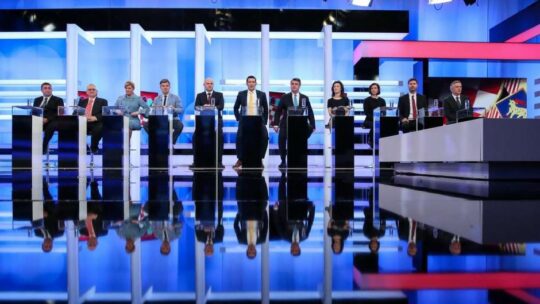
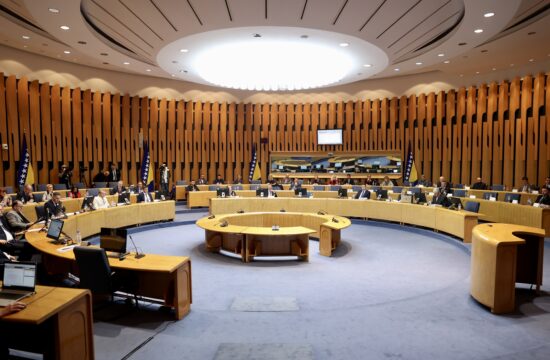
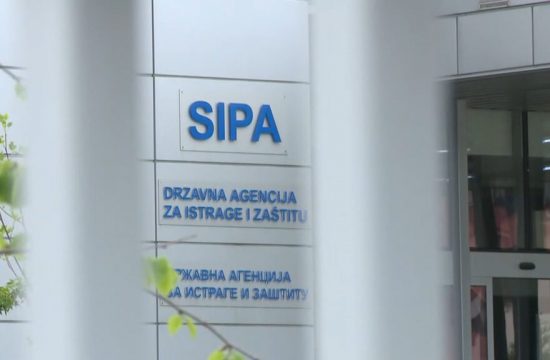
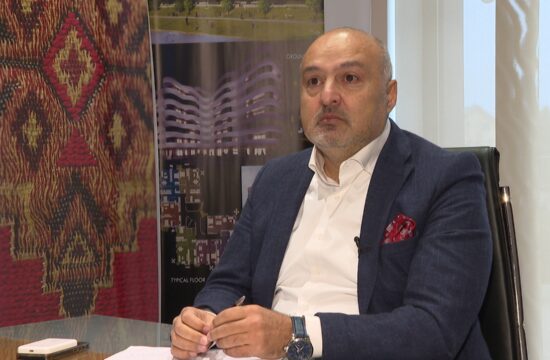
Kakvo je tvoje mišljenje o ovome?
Budi prvi koji će ostaviti komentar!